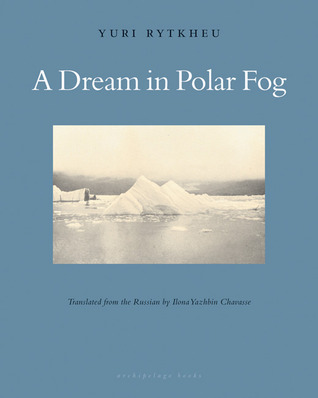
Going under
Book Description
Drowning in a sea of oppression, a young woman battles the suffocating grip of a regime that stifles her voice. As friendships dissolve and loyalties are tested, every choice plunges her deeper into a world where survival hinges on silence and secrecy. With her heart racing and freedom slipping away, the stakes skyrocket when she discovers a hidden truth that could change everything. Relationships fracture under the weight of betrayal, and hope flickers like a dying flame as danger looms around every corner. Will she find the courage to rise against the shadows, or will she succumb to the darkness?
Quick Book Summary
"Going Under" by Lydia Chukovskaya is a gripping portrait of a young woman's struggle for survival and identity under a repressive Soviet regime. Isolated by suspicion and silenced by fear, the protagonist is swept up in a turbulent world where trust is a luxury and every word is dangerous. As friends disappear and neighbors betray one another to save themselves, she learns the perilous value of secrecy. When a buried truth emerges—a truth that could threaten the status quo or cost her everything—she must decide where her loyalty lies: with her own safety or the hope of a freer future. Chukovskaya masterfully explores how ordinary people endure extraordinary darkness, illuminating the resilience, courage, and despair that define lives lived under constant threat.
Summary of Key Ideas
Table of Contents
Surviving Under Oppression
Set against the oppressive backdrop of Stalinist Russia, "Going Under" unfolds the psychological and emotional turmoil experienced by a young woman navigating a dystopian society ruled by suspicion and authoritarianism. She is surrounded by a community whose members are constantly watched, and whose loyalties are tested daily. The regime's relentless scrutiny and arbitrary violence breed a pervasive fear, compelling people to guard their words and thoughts, and to withdraw deeper into themselves for safety.
Trust, Betrayal, and Isolation
In this suffocating environment, relationships become fraught with tension. Friendships, once sources of comfort, morph into liabilities, as trust itself becomes dangerous. As those close to the protagonist are swept away by arrests or coerced betrayals, she confronts the painful reality that the regime’s true power lies in its ability to dissolve social connections. The erosion of trust forces characters into isolation, depriving them of the solidarity needed to resist or merely survive.
The Struggle for Identity and Voice
Amid this climate, the young woman struggles not only for physical survival, but also to preserve her sense of self and voice. The constant threat of denunciation compels her to adopt masks and silences, concealing her thoughts and feelings even from herself. The act of remaining silent, however, weighs heavily, threatening her identity and the possibility of meaningful human connection. Her inner life thus becomes a critical site of resistance and vulnerability.
Fear, Silence, and Secrets
A turning point arises when she uncovers a buried truth—a revelation tied to the fates of friends and the injustices perpetuated by the regime. The knowledge arms her with power, yet at immense personal risk; to speak out is to endanger herself and others, while silence perpetuates the lies that underpin her world. This realization brings into sharp relief the dilemma faced by countless individuals under totalitarianism: the unyielding tension between conscience and self-preservation.
Resilience and Acts of Courage
Chukovskaya’s narrative concludes with a portrait of resilience amidst despair. Acts of quiet courage—small gestures of empathy, clandestine solidarity, and inner defiance—become lifelines, both for the protagonist and those around her. Though the darkness never fully lifts, moments of hope flicker in the enduring human capacity for compassion and moral clarity. In illuminating the toll of life under oppression, the novel ultimately asks whether hope can survive in a world built on fear and betrayal.
Download This Summary
Get a free PDF of this summary instantly — no email required.





